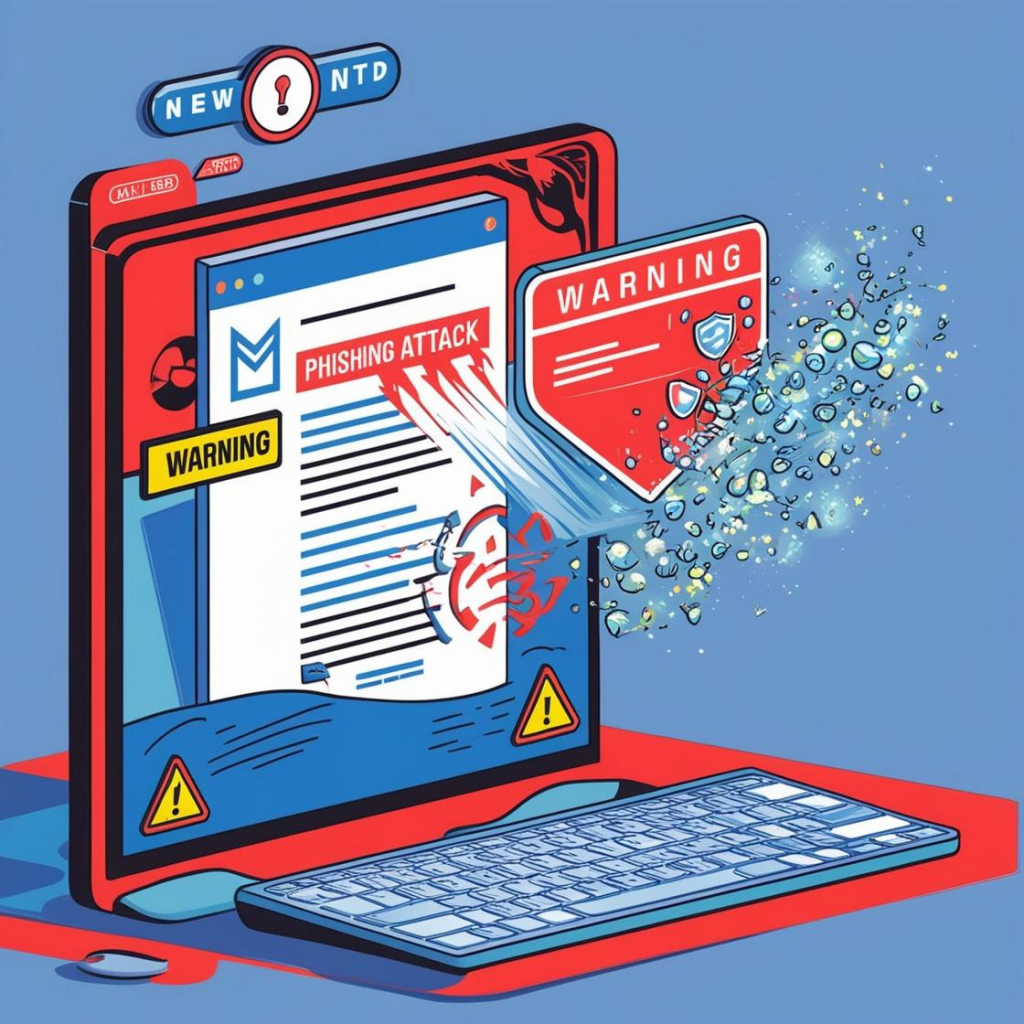Cyber Dangers That May Be Encountered During Online Shopping And Methods of Protection
Recent years have seen a tremendous increase in online shopping with the convenience of one-click ordering. Especially after the COVID-19 pandemic, many people started shopping online, such as clothes, groceries, groceries, and electronics. However, online shopping provides convenience as well as difficulties. Cybercriminals are at the forefront of these difficulties. Cybercriminals may try to sell non-existent products to steal money or personal information from online shoppers. In this way, they can get personal information and card information of people, or they can install malware on the shopping device. That’s why it’s important to be careful and be safe when shopping online.
For the most part, online shopping is actually a very safe activity. However, there are many things to consider when using personal devices while shopping online. Individuals need to make sure that security is ensured while shopping online. Online shopping scams do not discriminate. They can affect individuals of all ages and businesses of all sizes. That’s why it’s important to take steps to protect yourself when shopping online.
We have prepared a few simple tips to protect you from cybercriminals while shopping online.
What should we do or not do to avoid cyber fraud while shopping online?
- Verify before clicking: Think before clicking on any article that looks “fake” or prompts you to click links immediately. Don’t click the link right away. Instead, go directly to the company’s website to verify that the offer is legitimate. If you can’t find it on their website, report the scam as a phishing attempt to your email provider.
- Read the comments: Scammers try to defraud you by setting up fake e-commerce sites. Before making a purchase, read the reviews to find out what others are saying about the seller.
- Payment options are important: As another level of security for secure online shopping, you can use a temporary credit card for online purchases instead of your regular credit card. Using a credit card is much better than using a debit card because there is more consumer protection for credit cards.
- Track your bank and credit card statements: Make sure you’re constantly checking your accounts for unauthorized activity. Also, debit cards are tied directly to your bank account, putting you at higher risk for more serious damage. Finally, you should create transactions that will receive alerts if your credit card is used, such as an email or text message with transaction details.
- Pay attention to the information you provide: Carefully review the information requested to complete your transaction. And don’t give every requested information. You only need to fill in the required fields during checkout and you should not save your payment information in your profile. If the account saves automatically, after the purchase, go in and delete the stored payment details.
- Check Encryption: Make sure the URL of the site you will be shopping for uses encryption. Look for a closed padlock and a URL that starts with “HTTPS”. Verifying that both of these items are present helps ensure that your information is safe and secure. If the site’s URL starts with “HTTPS”, it is secured using a TLS/SSL certificate. This certificate ensures the security of your data as it moves from your browser to the site’s server.
- Shop from companies you know and trust: Cybercriminals often set up fake websites to get your credit card and other personal information. Play it safe and stick with websites you know. If you need to shop from an unfamiliar site, check other details such as a physical address and company contact information before purchasing anything.
You should also practice basic security practices, which we will discuss below:
1) Your passwords should be unique and strong for each online account. It’s also good practice to change your passwords every few months and use different passwords for different sites. Don’t let websites remember your password because this is how cybercriminals can steal your data if your device or website suffers a data breach.
2) It would be wiser to bank and shop online from a single computer. By avoiding using the computer for surfing the Internet, downloading, checking e-mail, social networking, and other online activities, you use a computer that is completely free from computer viruses and other infections.
3) Similar to building a ‘clean’ computer, you can do the same with an email address. Create an email address that you will only use for online shopping. This will severely limit the amount of spam messages you receive and significantly reduce the risk of opening potentially malicious emails disguised as sales promotions or other notifications.
4) Always use secure Wi-Fi when shopping online. While using public wifi is very convenient for the individual, it can create opportunities for cybercriminals. Because these networks are not secure, attackers can obtain personal information. Never give out personal or financial information on a public network. Knowledgeable hackers can hijack the Wi-Fi signal or even set up their own signals to trick you and see everything you do on your own mobile device or laptop. This means that if you log into an online banking account or retailer website, the hacker will get your username and password. If you must use public Wi-Fi, be sure to log out of any page where attackers could access private information. Set your electronic devices to “ask” before joining any public network.
5) Keep your security software updated on your computer. Anti-virus software will help detect and remove viruses that could steal your personal information. If you are shopping using a mobile device, make sure the device is updated with the latest operating system.
6) Back-up your important files. Back-up important files to a USB stick, memory card, external hard drive or online storage service. This means that if you have a problem with your device, you will still have access to your important files. It is important to remove or disconnect the storage device after the backup is complete. If there is a cybersecurity incident or attack affecting your device and you have not disconnected your storage device, it may affect the files you back up.




